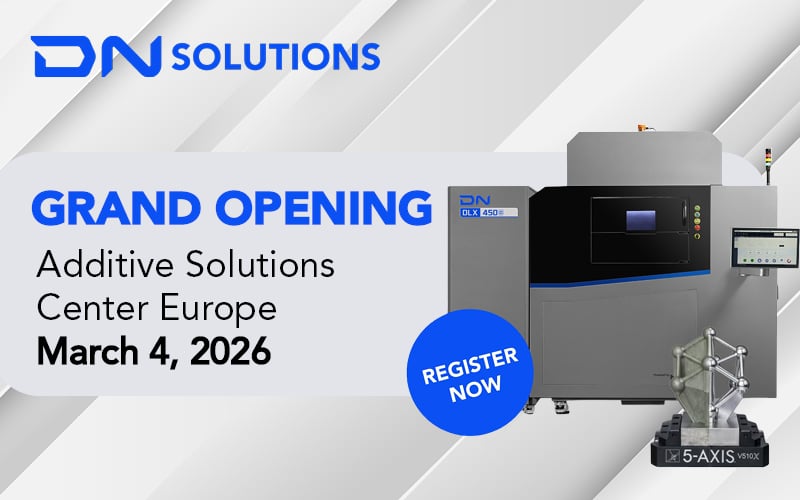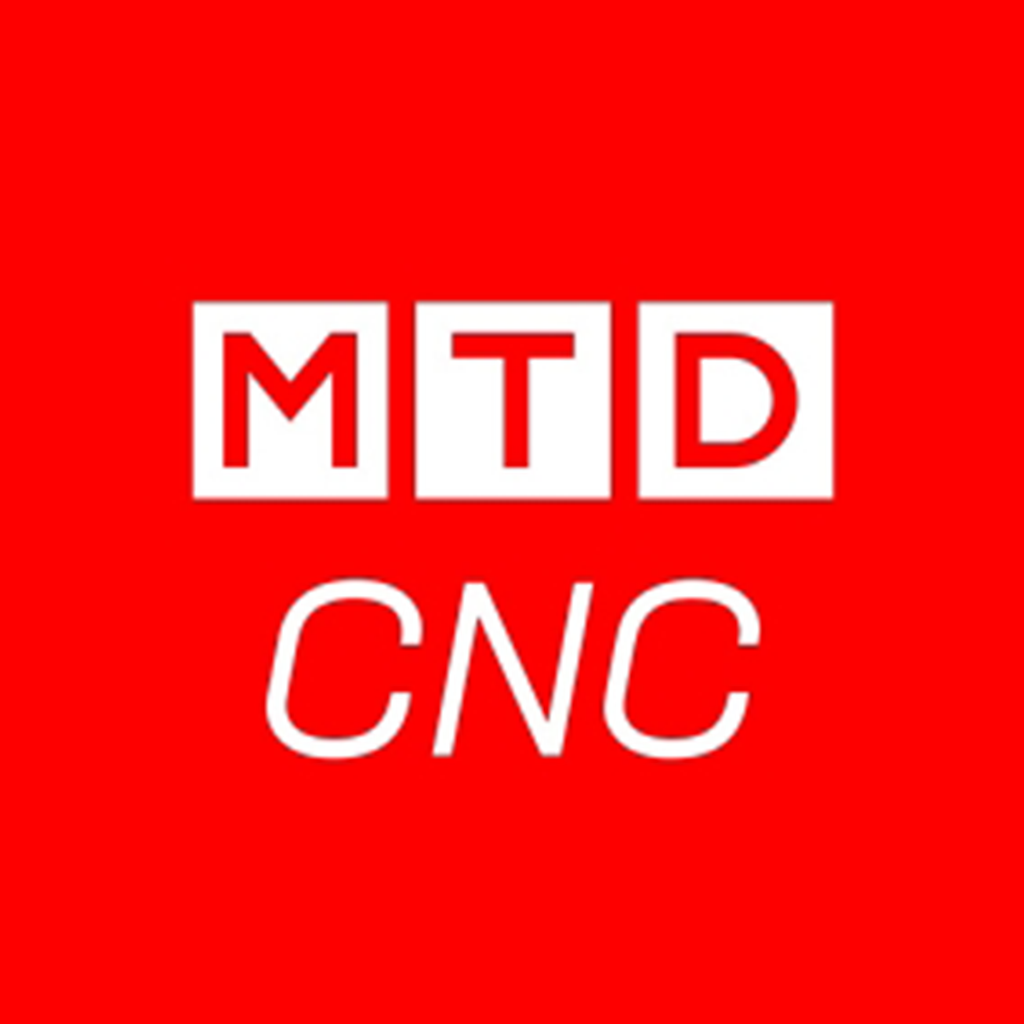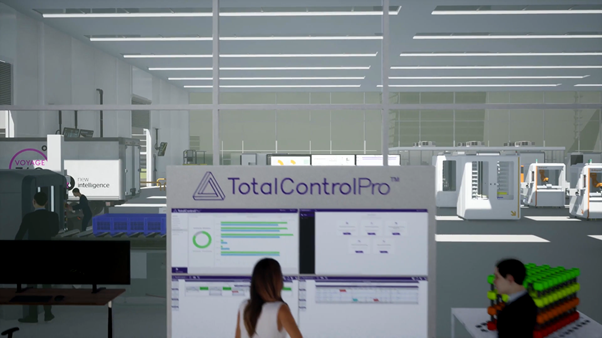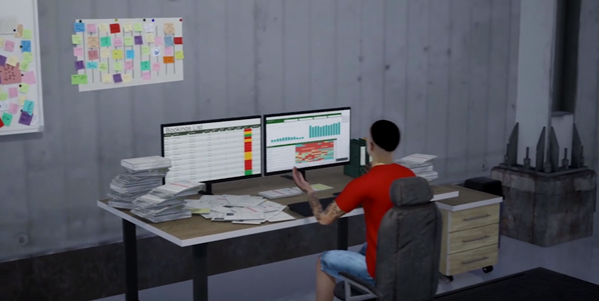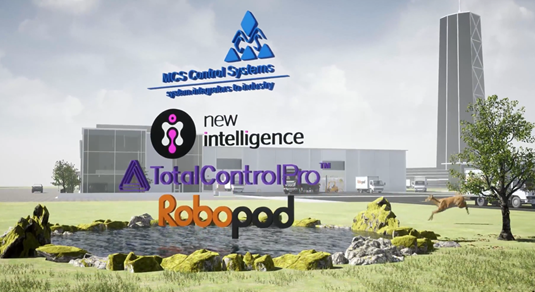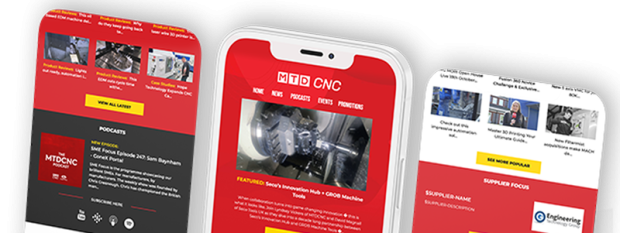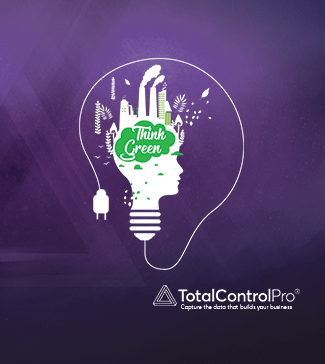
Digital Transformation through Collaborative Technologies – IOT Chapter
While preparing for a webinar with Silverstone Technology Cluster recently, Dolores Sanders – our CIO, realised that more insights were shared offline than online. As a result we drew together some of the highlights in a series of blogs to be posted over the next few weeks – Follow our news to be notified when the next one is published.
What is Digital Transformation?
When considering digital transformation, a drastic change is often the first thing that comes to mind, closely followed by the immediate sense of dread from the idea of overhauling your operations and processes. An online search will highlight countless articles providing you with a number of conflicting definitions packed with industry jargon that simply just doesn’t make sense when it’s all new to you.
TotalControlPro™ and IoT Horizon have come together to discuss “Digital Transformation” in simple terms and discuss why collaboration is key to successful transformation. To begin, we wish to debunk the idea that it has to be a drastic change – think EVOLUTION not REVOLUTION.
Digital Transformation is the combination of traditional manufacturing processes enhanced with new technologies that work together to create a more efficient, productive, flexible and resilient industrial sector. It’s about taking what is already working, and making it work better and faster instead of replacing your existing processes.
![]()
![]()
![]()
Some of the challenges faced by our clients when implementing digital strategies:
Time and Effort
We often say, that the IT of the past and present is not fit for purpose for a growing and agile manufacturer that is facing the demands of; more and more personalised manufacturing, delivery processes and products. Quite simply, tech has to change the way it deploys so that it gives the client opportunities, quick wins, and has a staged role-out across an organisation.
Mark Sweeney, Director of Professional Services at IoT Horizon said that; “If you want to put an ERP solution in, you could be talking months, if not years [before it can be used] and organisations now [2020] don’t have the time to be able to do that.” He also expressed how organisations are recognising that this process can be costly and are realising the need for alternative and affordable ways to implement this.
“If you have the ability to capture data about what is going on in this moment, then you have the opportunity to optimise it and change it. Whereas, if you rely solely on an ERP or a CRM system, you’re talking about historical data, so you don’t have the power to change it.”
Mark suggests that alternative strategies like connecting MES solutions with Internet of Things (IoT) allows manufacturers to get systems running and delivering value in a matter of weeks.
TotalControlPro™ delivery to Siemens showed how in just 4 weeks an optimised process could be established and used to deliver a specific project that, in total, was 18 months long. If we had taken 12 months to deliver, it would have been too late to make a difference. In addition, this was deployed 100% online.
Culture
Culture, or culture management is an important ingredient for digital evolution. Successful implementation of digital technologies can be determined by the extent to which they are adopted by your team. Are your team aware of how these new technologies will benefit them?
Mark said, “When you go in and look at existing processes, people can be reluctant to contribute because they’re fearful for their jobs.” He stressed the importance of motivating your existing workers to get involved in the change from the very start so that transformation can be implemented. By being transparent and consistent with your employees, you can engage them throughout the entire process.
Dolores stressed that having a digital champion in the first phase of transformation is essential. Someone who is enthusiastic and can inspire the same excitement in others really helps to drive and motivate change and help your organisation own the transformation. She said, “part of our remit is to provide technology that is in the control of the people using it, not the software developers. It’s built by manufacturers FOR manufacturers. There’s a lot we can do to help and support by offering scalable and expandable platforms, so a personal solution can be created from a productised software “
Fear
The fear of a big change is enough to put anyone off the idea of transformation. As humans, it’s in our very nature to want to stick to routines. Routine offers comfort from knowing what to expect. But sometimes change is vital in order to keep up with the times. Look at the number of businesses that had to make changes during the COVID-19 lockdown just to stay in business!
If you split these digital changes up into smaller components, it becomes much easier to implement successfully so you can see the return on investment. Having these smaller ‘quick-win’ projects can really help to get the momentum going. They demonstrate that change is good and can positively engage all involved in the process.
IoT Horizon used their own technologies to make a minor change in their office space at a business centre using machine monitoring, which made a big difference to a return on business value. The theme of their investigation was “you don’t know, what you don’t measure”. With this, they began measuring the use of their office space storage heaters using their MPWR sensors that record temperature and vibration. This data is sent to a cloud dashboard that displays this information in a way that shows you how your machine is performing.
They discovered that their storage heaters were turning on at a time in the middle of the night when nobody was in the building. In fact, the heater came on 3 hours in advance of what the business centre thought that it did and got to a maximum temperature in the middle of the night when energy wasn’t the cheapest. The business centre adjusted their 200 storage heaters by one hour to trial the savings. By saving 200 hours per day of energy, an energy consultant estimated that they had saved at least £10k per year and over 32 tonnes of annual CO2 emissions.
Benefits of Digital Transformation
Increase Productivity
Having access to real-time insights can help monitor and even predict situations that may negatively impact your operations. Prevent stoppages and bottlenecks occurring by staying ahead of possible disruptions. Save yourself time and money while using employee time more effectively.
Consistent Communication
Store job information in one place so it can be accessed by relevant team members, whether that’s someone on the production-line or a member of the sales team answering a customer query. Improved communications allow workers to increase their productivity by saving an average of 30 minutes per operator per day!
Reduce Risks
Information is an asset to all businesses because you don’t know, what you don’t know. Use data to make more informed decisions quickly, rather than assumption-based decision making.
Mark explained that there are 4 key ingredients to successful digital transformation.
1. The Importance of Collaboration
Niamh Allen, Sales and Marketing Director of IoT Horizon expressed, “Nobody can solve Industry 4 by themselves…you need the support of multiple digital technologies for a successful digital transformation.”
To support this, the TotalControlPro™ Business Integration Module has the ability to integrate with a wide range of accounting packages, enterprise resource planning (ERP) systems and job source data file formats to enhance your understanding in all areas.
We can integrate with your current data sources, allowing you to view a complete picture of your business, and understand what’s working, and what’s not. Some of the products TotalControlPro™ integrates with include:


![]()
![]()
![]()
![]()
2. Internet of Things (IoT)
With Digital Transformation being all about data, you have to have the freshest, most accurate and of course secure data that shows the behaviour of your organisation. IoT is important because this gives you access to this kind of data.
3. Machine Learning and Artificial Intelligence (AI)
Once you have your data, you need to be able to make sense of it in order to generate insights. If a machine had the ability to share live production data and send an alert to people of potential machine health issues before they happen, it can prevent machine downtime and ensure productions continues.
4. Mobile First
People are no longer tied to their desks. Particularly in light of the COVID-19 pandemic that has forced people to limit human interaction and encouraged working from home. Those that were able to harness digital technologies, like TotalControlPro™ cloud-based software, to be able to work remotely managed to thrive through this situation compared to those having to be on-site to get the job done.
Dolores highlighted the importance of cloud-based software, “ultimately, you don’t buy software, it is continuously improving. If you buy it like a box that’s just going to sit in the corner and serve you, it just isn’t going to do that over time. This is why one of the benefits of Software-as-a-Service (SaaS) is that you can get those continuous improvements on a monthly basis, not just a static piece of tech.”
 Want to know more about the MPWR sensors? Let IoT Horizon MPWR your business, speak to the Niamh today by email at niamh@iothorizon.com or by phone on 01706 318110.
Want to know more about the MPWR sensors? Let IoT Horizon MPWR your business, speak to the Niamh today by email at niamh@iothorizon.com or by phone on 01706 318110.
Want to find out more about an affordable, accessible & available production tracking system that utilises cloud technology and puts you in control of your production facility, Book a Demo Today!

